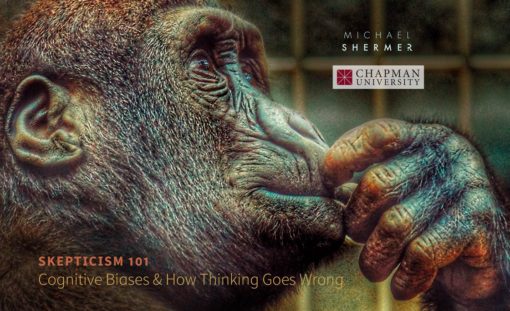
After her wrongful conviction for murder in 2007, Amanda Knox was haunted by one question: why? Why did this happen? How could the pursuit of justice have gone so far off course? Corruption and evil were not satisfactory answers for her. Instead, she found understanding through the study of motivated reasoning and cognitive bias, which led her see how well-intentioned people could have arrived at such false conclusions, and how she herself could become a better thinker.

Amanda Knox spent four years in an Italian prison for a crime she did not commit. In the fall of 2007, the 20-year-old college coed left Seattle to study abroad in Italy, but her life was shattered when her roommate was murdered in their apartment. After a controversial trial, Amanda was convicted and imprisoned.

Dr. Michael Shermer reviews the many ways that our attempts to understand the truth about the world are derailed by cognitive biases, including the anchoring bias, the representative bias, the availability bias, the confirmation bias, the hindsight bias, the self-serving bias, and even the bias bias.











